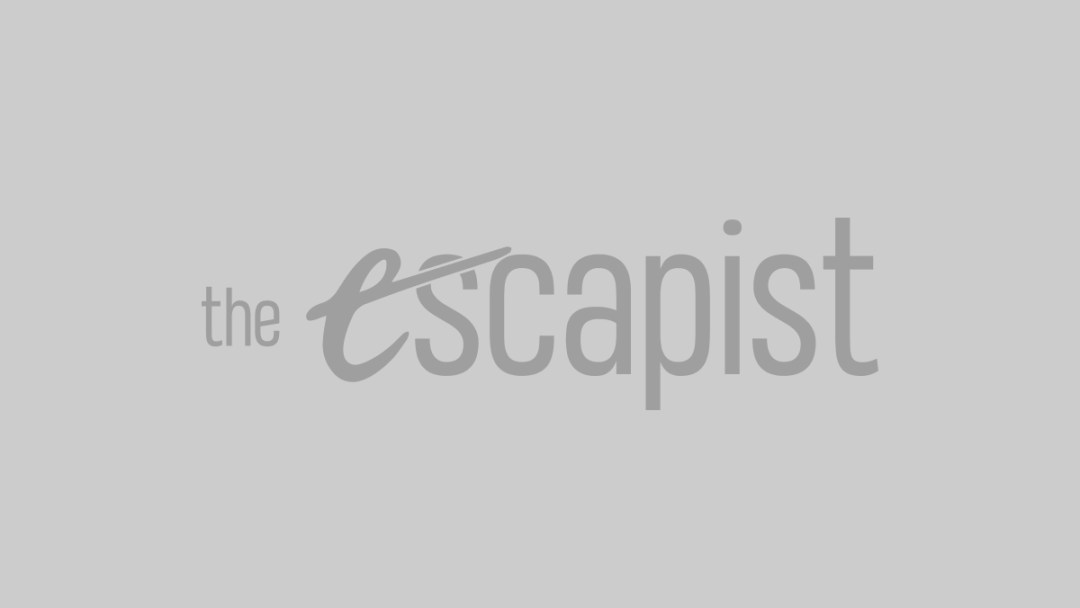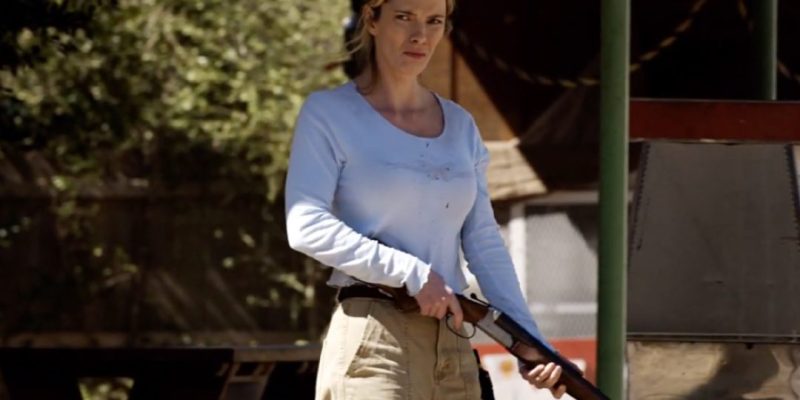It appears that the president of the United States has canceled a major motion picture.
The cancellation of The Hunt should send a chill down the spine of any human being, no matter their political affiliation. The head of the executive branch appears to have used his platform and profile to kill a work of art because it does not align with his world view. Even in the very best case, this is unsettling, but the news is just one of numerous even more important controversies concerning the current occupant of the Oval Office.
Mass shootings in Dayton, Ohio; El Paso, Texas; and Gilroy, California inspired Universal to suspend advertising for the horror film earlier in the week. On Saturday, Universal Studios announced that it was completely canceling the movie’s scheduled September release.
https://www.youtube.com/watch?v=x8IifEu67yU
The argument was that it would be insensitive to release the charged film channeling Richard Connell’s short story “The Most Dangerous Game” so close to real-life cases of gun violence. This seems disingenuous at best. There have been at least 17 mass shootings in the United States this year. This did not impact the release of other movies featuring gun violence like John Wick: Chapter 3 – Parabellum in May or Hobbs & Shaw in August. It seems unlikely to affect the release of Gemini Man that comes out in October, a few weeks after The Hunt’s original scheduled release date.
The real catalyst for the film’s cancellation seems to have been a tweet from President Donald Trump criticizing the Hollywood “Elite” as the “true racists” and alluding to an unnamed “movie coming out.” As with a lot of Trump’s tweets, this one appears to have been related to a Fox News segment that used sensationalist terms to discuss The Hunt. Fox argued that earlier trailers for The Hunt suggested that it would be a story about wealthy liberal elites hunting “deplorables” for their own amusement.
That trailer produced a political maelstrom. Commentators on the political left were horrified that the film might endorse right-wing fantasies of political victimhood, reinforcing the narrative pushed by Trump. Meanwhile, those on the political right seemed to assume that the liberal elites would somehow be portrayed as the heroes of this film. The trailer became a miniature litmus test.

It is important not to engage in disingenuous false equivalences on this matter. It was not pressure from left-wing critics that quashed the release of The Hunt. While the political left does engage in a lot of preemptive criticism of films based on premises or trailers — such as the upcoming transgender drama Adam — they rarely impact the film’s release. Todd Phillips’ Joker has been subject to a lot of preemptive criticism based on early interviews and press material from those worried that it might legitimize angry and disenfranchised young men who commit violence out of being frustrated by “how unfair the world is,” but it is highly unlikely to meet the same fate as The Hunt.
Trump’s use of his presidential platform to quash a movie based on its trailer is unprecedented. President Barack Obama did not use his social media to attack the release of G.I. Joe: Retaliation in 2013, even though the film featured a weak-willed and ineffectual Democratic president who was secretly a vaguely Middle Eastern terrorist. Although certain commentators decried The Dark Knight Rises as an attack on the Occupy Wall Street movement, Obama limited his commentary on the film to praise of Anne Hathaway’s performance. Even the Clintons, perennial boogeymen of the political right, did not block the release of Primary Colors, a fictionalized version of Bill Clinton’s 1992 presidential campaign.
There was never any chance that The Hunt could be an apolitical film. It’s directed by Craig Zobel, who established himself with Compliance, a powerful and unsettling film about how fascism takes hold. The Hunt also stars Ike Barinholtz, who recently wrote and directed The Oath, a comedy about a family dinner descending into anarchy when the President of the United States forces the public to sign a loyalty oath to him.

The Hunt was even produced by Jason Blum, who is known for his role in previous politically charged social thrillers like The Purge: Election Year and Get Out. These films are just part of a long tradition of political horror. Hostel and Hostel 2 played as allegories for the horrors of American foreign policy. Wes Craven constructed films like A Nightmare on Elm Street and The People Under the Stairs as commentaries on the legacy of the Reagan era. James Cameron’s Aliens was an extended criticism of hyper-capitalism. Even James Whale’s classic The Bride of Frankenstein was used to explore questions of sexual identity.
The most damning thing about this whole debacle is that nobody on either side of the political aisle has actually seen The Hunt. The basic structure of horror movies suggests that there will be a twist in the narrative and that the trailer is setting up a premise that the film itself will subvert. After all, it is entirely common for modern films to edit misleading (and nonexistent) scenes into the trailer.
Even if there is no twist or sharp turn, this preemptive paranoia over a low-budget September horror film demonstrates both the heightened political polarization that has taken root in contemporary society and the internet’s tendency to rush to judgement. The internet moves quickly, and studies have shown that anger moves faster over social networks than any other emotional response. This is only heightened by the attention economy, where voices (whether individual or corporate) have to take the most extreme stance in order to rise above the background noise.
However, if a judgement is to be rendered on a work of art, it seems fair to ask that those making the judgement have actually seen the work in question. Film critic Roger Ebert – who famously described movies as “empathy machines” – argued that the heart and soul of a film is “not about what it is about. It is about how it is about it.” More colloquially, that “it’s not what you do, it’s the way that you do it.” It is impossible to know the way in which a film actually does anything without actually seeing it.
